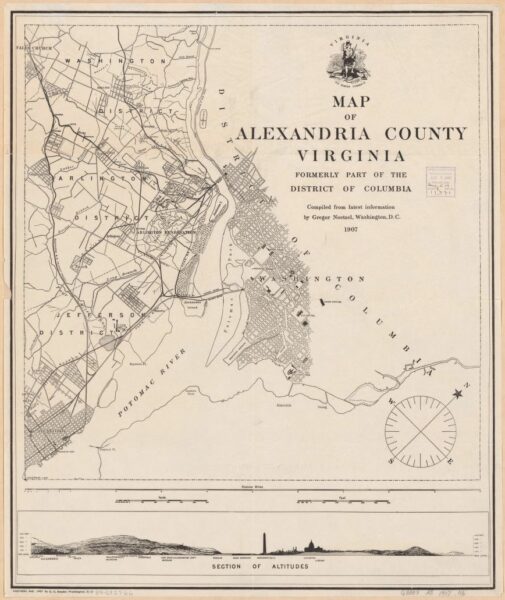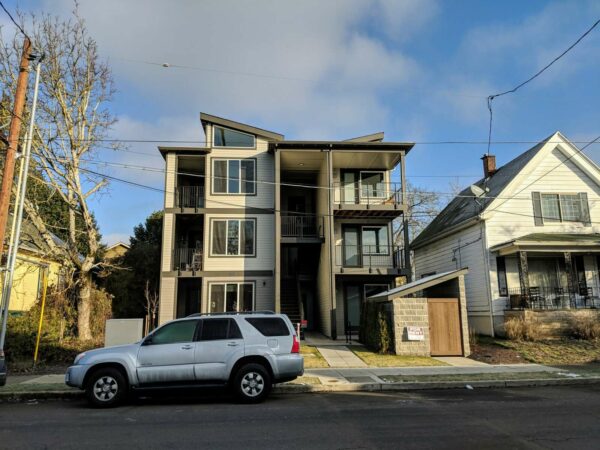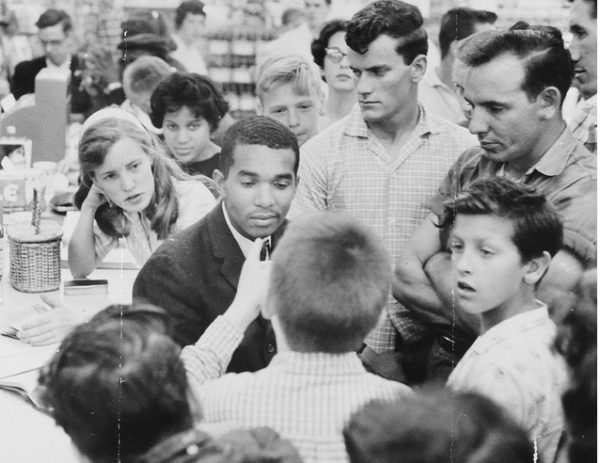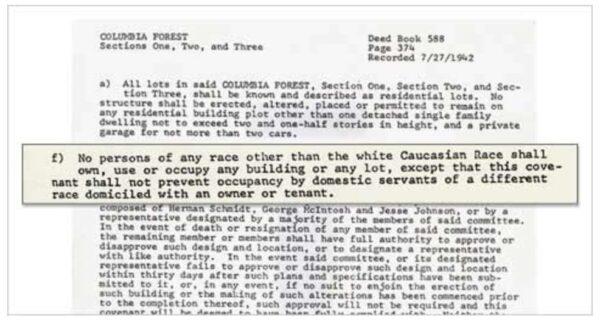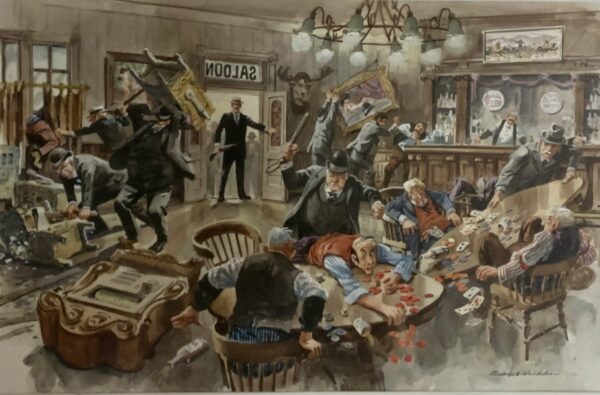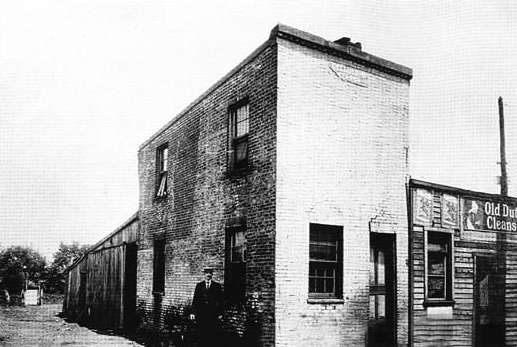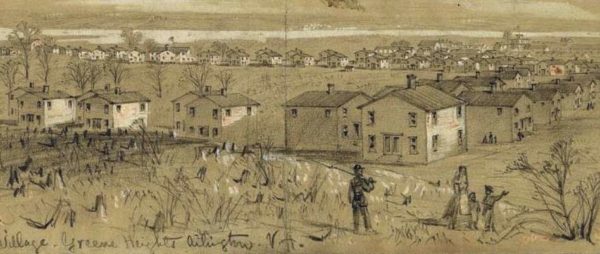Lyon’s Legacy is a limited-run opinion column on the history of housing in Arlington. The views expressed are solely the author’s.
Lyon’s Legacy was a series that ran for the last four months on ARLnow, telling a story of the history of housing and racism in Arlington, and putting forward a suggestion for one way we could end the regime of economic exclusion that has dominated most of our county for the last century. As the series ran, some eagle-eyed readers kindly identified a few mistakes in the historical research.


